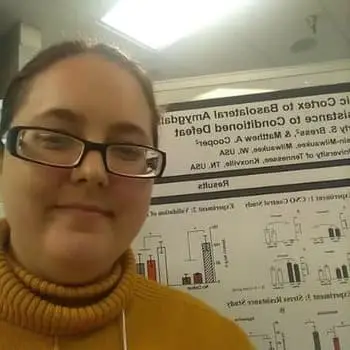Behavioral therapies have proven useful for the treatment of addiction. Habit reversal training (HRT) is one such therapy used in addiction treatment. Learning more about what HRT is, the components of the process and how it can be used to manage a variety of behavioral disorders may help those struggling with addiction.
What is Habit Reversal Training?
Habit reversal training — sometimes called habit reversal therapy — is a type of intervention used to treat a variety of behavioral disorders that involve repetitive behaviors. It allows people to become more aware of their habits and trains them to act in different ways. It is often used in impulse control disorder treatment (such as for disorders that involved nervous tics). Essentially, it is a way of training someone to replace their bad habits by creating new habits that are healthier through several stages of training.
Habit Reversal Training Components
There are several habit reversal training steps that a person must learn while undergoing this therapy. The goal is to learn how to form new habits and stop the old ones. These training components include:
HRT in Addiction and Mental Health Treatment Therapy
Habit reversal training has been used as a part of mental health treatment since the early 1970s. It has mainly been used to help in the treatment of disorders such as Tourette’s syndrome, trichotillomania (hair-pulling), nail-biting, skin picking, and stuttering.
New Year. Real Recovery.
The pressures of the season are real. Find lasting peace and expert support.

Recently, the argument has been made for the use of this behavioral therapy for addiction, specifically alcohol use disorder (AUD). This reasoning behind this idea is the finding that AUD patients show an automatic approach bias to alcohol cues. It is also based on the finding that repeated self-administration of alcohol gradually shifts the mechanisms driving behavior to stimulus-response associations. In other words, cravings and consumption are eventually triggered by alcohol-associated stimuli and cues.
Does Habit Reversal Training Work
Habit reversal training works by shifting habits through mindfulness and motivation. It also involved practicing changes in behavior through alternative and competing responses. Further, it uses operant conditioning techniques, which psychologists and neuroscientists have been using for years to understand behavior.
Trichotillomania habit reversal training has been shown to be particularly effective. Habit reversal training and skin picking research has also been promising. Although more research is needed, HRT may also prove to be useful for the treatment of AUD and other substance abuse problems.
Contact The Recovery Village Palm Beach at Baptist Health to speak with a representative about how professional addiction treatment can address a substance use disorder and any co-occurring mental health disorders. You deserve a healthier future, call today.




